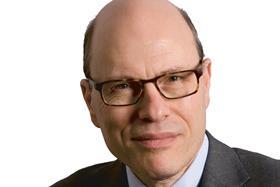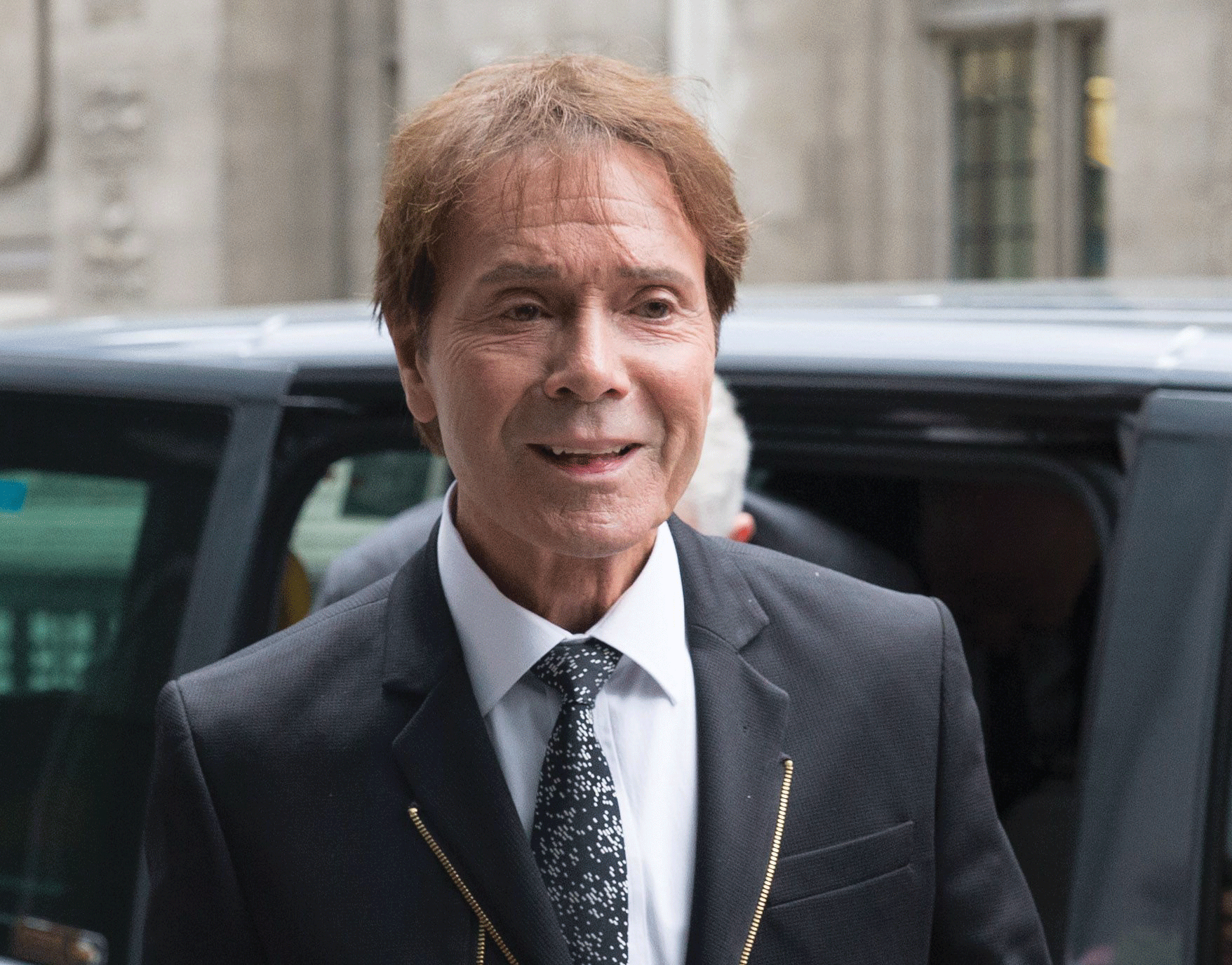In all the coverage of Sir Cliff Richard’s invasion-of-privacy claim against the BBC and South Yorkshire Police, I have seen very little reporting of the BBC’s legal arguments. And yet they are of great constitutional importance. They explain why the BBC, unlike the police, is defending the case – potentially at huge cost to its finances and reputation.

At this point, I should declare my interest. I was on the staff of the BBC for 25 years until I joined a newspaper in 2000. I continue to freelance for the BBC. But nobody has asked me to write this piece and it does not represent the BBC’s views.
Richard is suing the BBC over its coverage of a police raid at his home in Berkshire in August 2014. Judgment has been reserved. The BBC’s reports said the search was in connection with allegations of a sexual nature dating back to the 1980s and involving a boy under 16. Richard denied the allegations and was never arrested or charged.
The singer is alleging a breach of the Data Protection Act and relying on the tort now known as misuse of private information or invasion of privacy. A central concern of this tort, as his counsel Justin Rushbrooke QC explained, is protecting people from the adverse effects of unwarranted intrusive publicity.
In closing submissions lodged earlier this month, Rushbrooke said an individual might have a reasonable expectation of keeping private the fact that he was suspected of involvement in criminal activity. On that basis, his client’s rights were engaged under article 8 of the human rights convention. The right to respect for one’s home is at the heart of article 8. And so the BBC’s decision to film the police raid on Richard’s home from a helicopter amounted to an additional intrusion on his privacy.
Rushbrooke accepted that the BBC’s rights to freedom of expression under article 10 of the convention were also engaged. But he argued that these were outweighed by his client’s rights under article 8: ‘The BBC should not have reported the story at all and it should not have reported it in the manner that it did’.
In response, the BBC said that Richard’s claim was unprecedented. He was challenging the right of a news organisation to report that he was the subject of a police investigation into a serious criminal offence and that a judicial warrant to search his property had been executed. Detailed information had been supplied by the police, knowing that it would be used by the BBC.

‘It is the first time such a claim has been brought to trial in this country,’ said Gavin Millar QC, the BBC’s counsel, in his closing submissions. ‘Police forces have been investigating allegations of serious crime and executing search warrants since the 19th century. In all of this time, parliament has left the press free to report on such matters without any form of legislative restraint.’
Richard had no reasonable expectation of anonymity, the BBC argued. If he did, then his ‘weak privacy right’ was outweighed by the BBC’s strong right to freedom of expression on a matter of great public interest involving a public figure. The BBC accepted that its reporting would have had an impact on him. But the singer would have been distressed anyway by the allegation against him, by the police investigation and by the search.
To understand why the BBC thought that broadcasting the allegations was in the public interest, you have to remember what had emerged in the preceding two years. Jimmy Savile had been exposed as a paedophile by an ITV documentary after a blind eye had been turned to the broadcaster’s questionable behaviour. Rolf Harris, Max Clifford and Stuart Hall had been convicted. Gary Glitter had been charged. The police had told the BBC that it was investigating an allegation against yet another showbusiness figure.
Of course, the law of libel applies to these stories and reporters must respect the presumption of innocence. Allegations may turn out to be false and any denials must be reported. But a victory for Richard, according to the BBC’s counsel, would undermine the media’s freedom to report the truth about future police investigations. The case ‘raises issues of great, arguably of constitutional, importance for the freedom of the press in this country,’ said Millar.
I shall resist the temptation to express my own view of this case. But I know what will happen if news organisations are prevented from identifying suspects and perhaps even unconvicted defendants. Names – sometimes accurate, sometimes not – will start circulating on social media. The mainstream media will not be allowed to confirm or deny those rumours. And legitimate news organisations will forfeit such trust and respect as they still have. We shall all be the poorer.
joshua@rozenberg.net



























18 Readers' comments